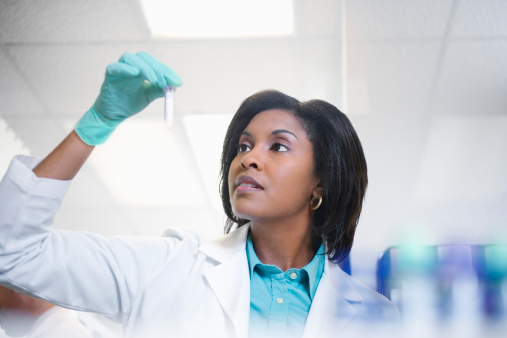 Therapeutic antibodies may be able to help treat polycystic kidney disease (PKD), according to a new study from the University of California Santa Barbara (UCSB).
Therapeutic antibodies may be able to help treat polycystic kidney disease (PKD), according to a new study from the University of California Santa Barbara (UCSB).
PKD is a commonly inherited kidney disease that affects 12 million people. The disease is characterized by benign cysts filled with fluid that develop and cultivate in the kidney. Over time, the cysts get bigger and attack healthy tissue, eventually leading to kidney failure and other health complications. Traditional antibodies used for other diseases have shown to be ineffective against PKD, because they’re unable to penetrate the cyst’s central activity, which is where its growth factors are housed.
There is currently no-known cure for the disease; however, researchers behind the breakthrough study discovered that a different class of antibodies, immunoglobulin-A (IgA) was able to effectively push through the cyst wall to reach the growth factors. It was also able to stay within the cyst walls—in mice subjects with polycystic kidneys, seven percent of the injected antibodies stayed within the cyst’s core.
Although this new development isn’t a direct treatment for PKD, it’s a way for researchers to access the growth factors that cause the disease to progress. The next step would be to restructure the IgA antibodies so that they not only penetrate the cyst, but also target the specific growth factors.
Achieving this would then enable researchers to repurpose existing drugs for the purpose of treating the genetic condition of PKD. It could also lead to the development of a whole new range of therapeutic antibodies that can effectively treat PKD.
Sources for Today’s Article:
Paddock, C., “New drug delivery system may open up treatments for polycystic kidney disease,” Medical News Today web site, June 26, 2015; http://www.medicalnewstoday.com/articles/295926.php.
